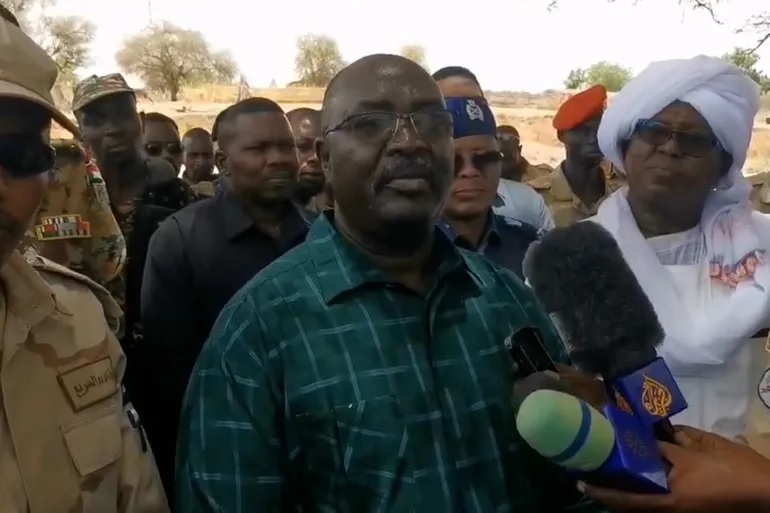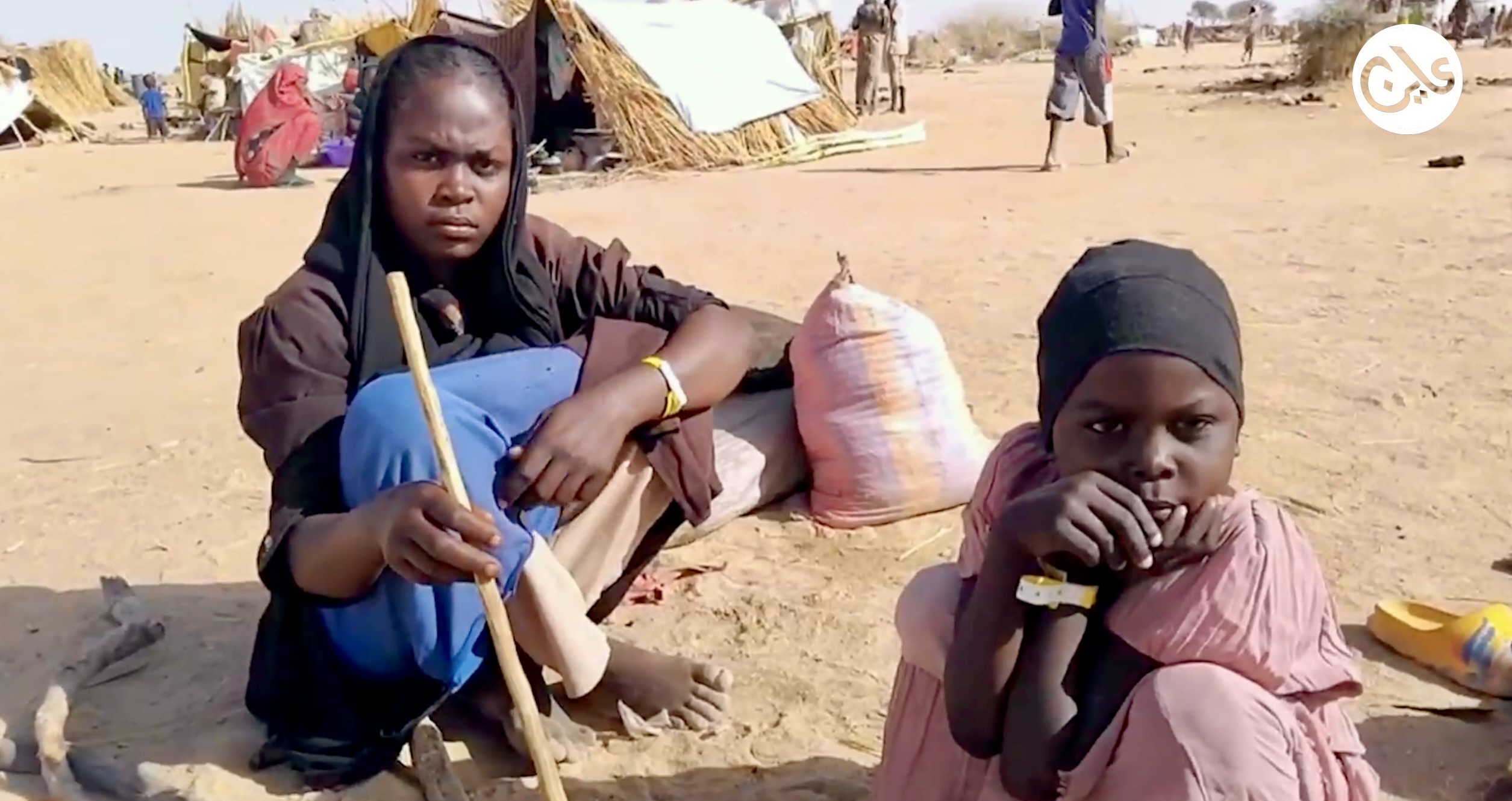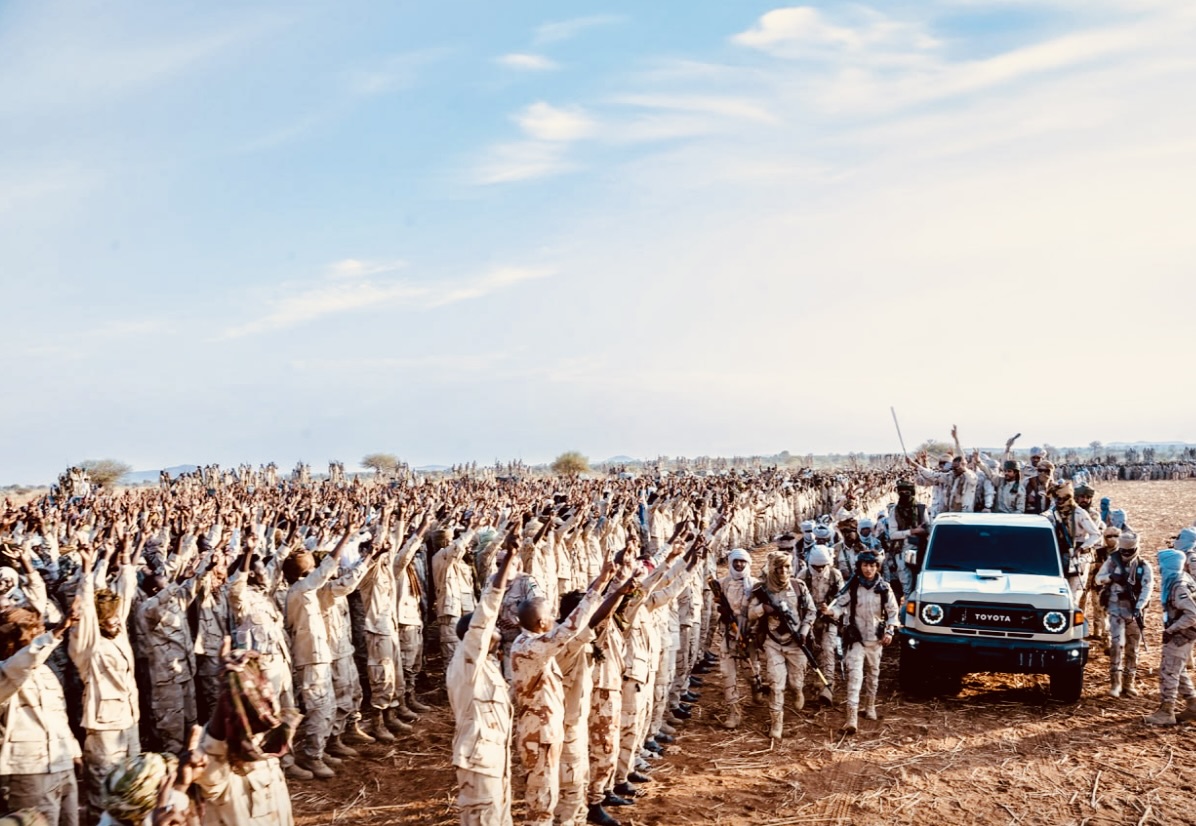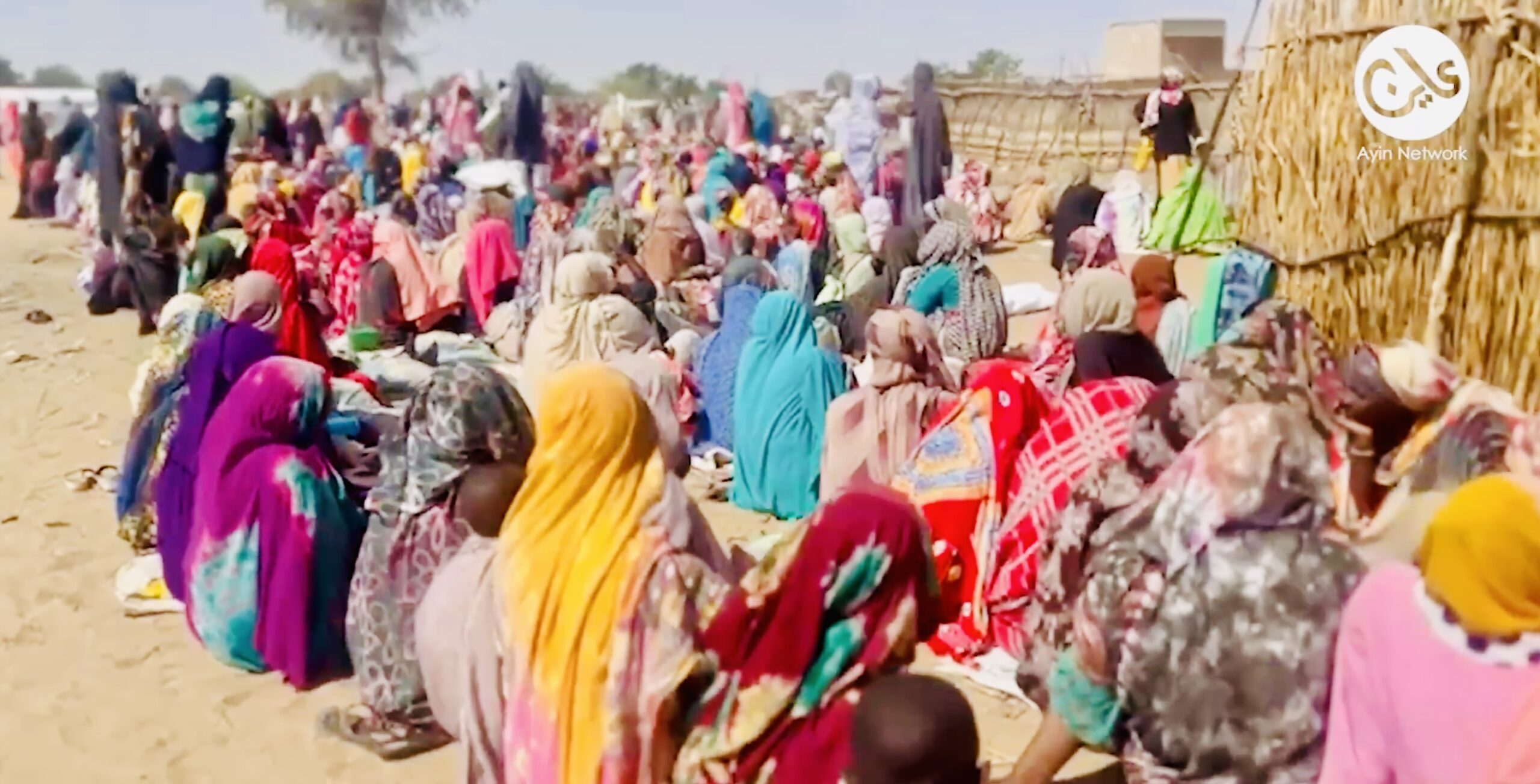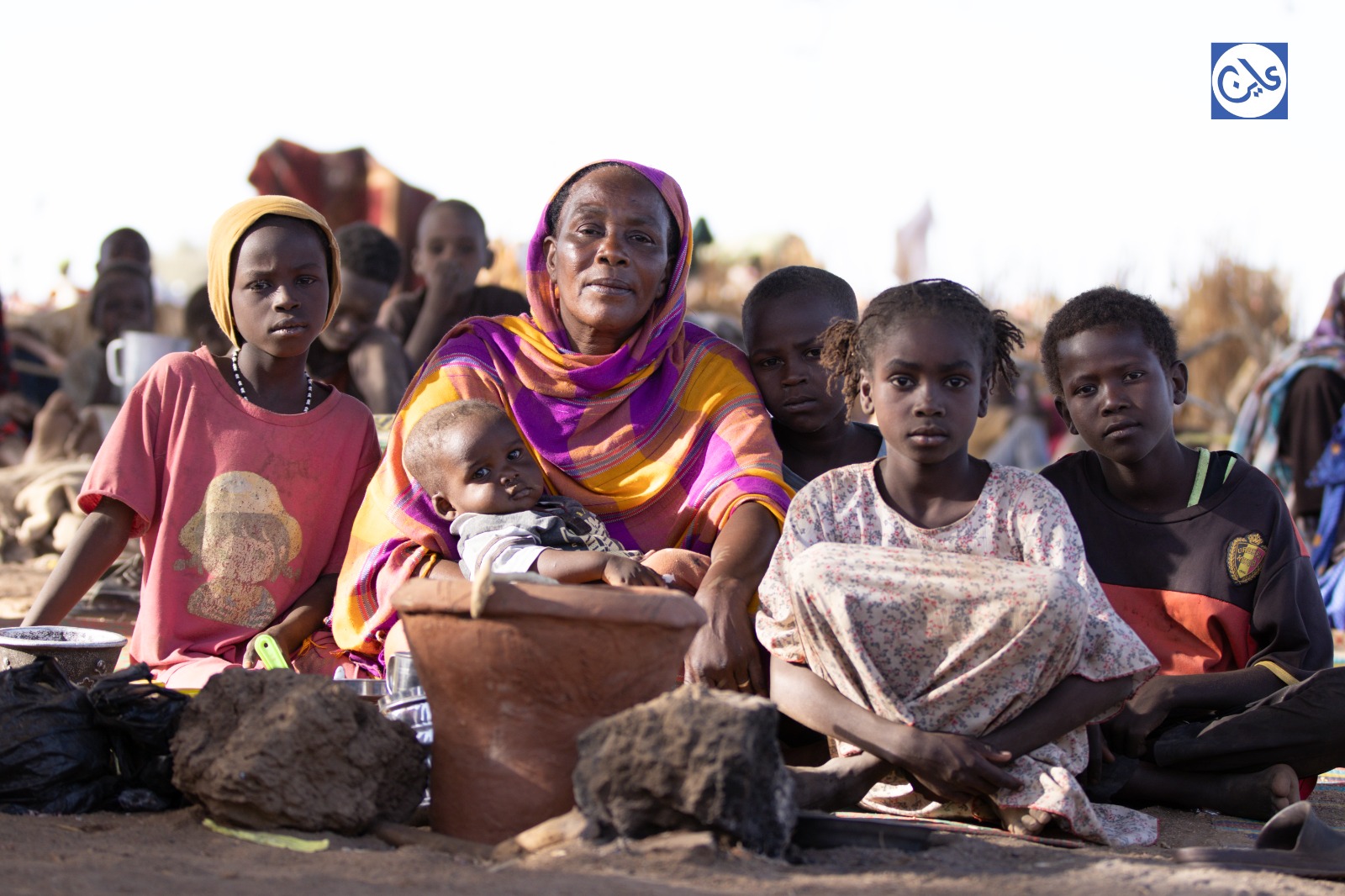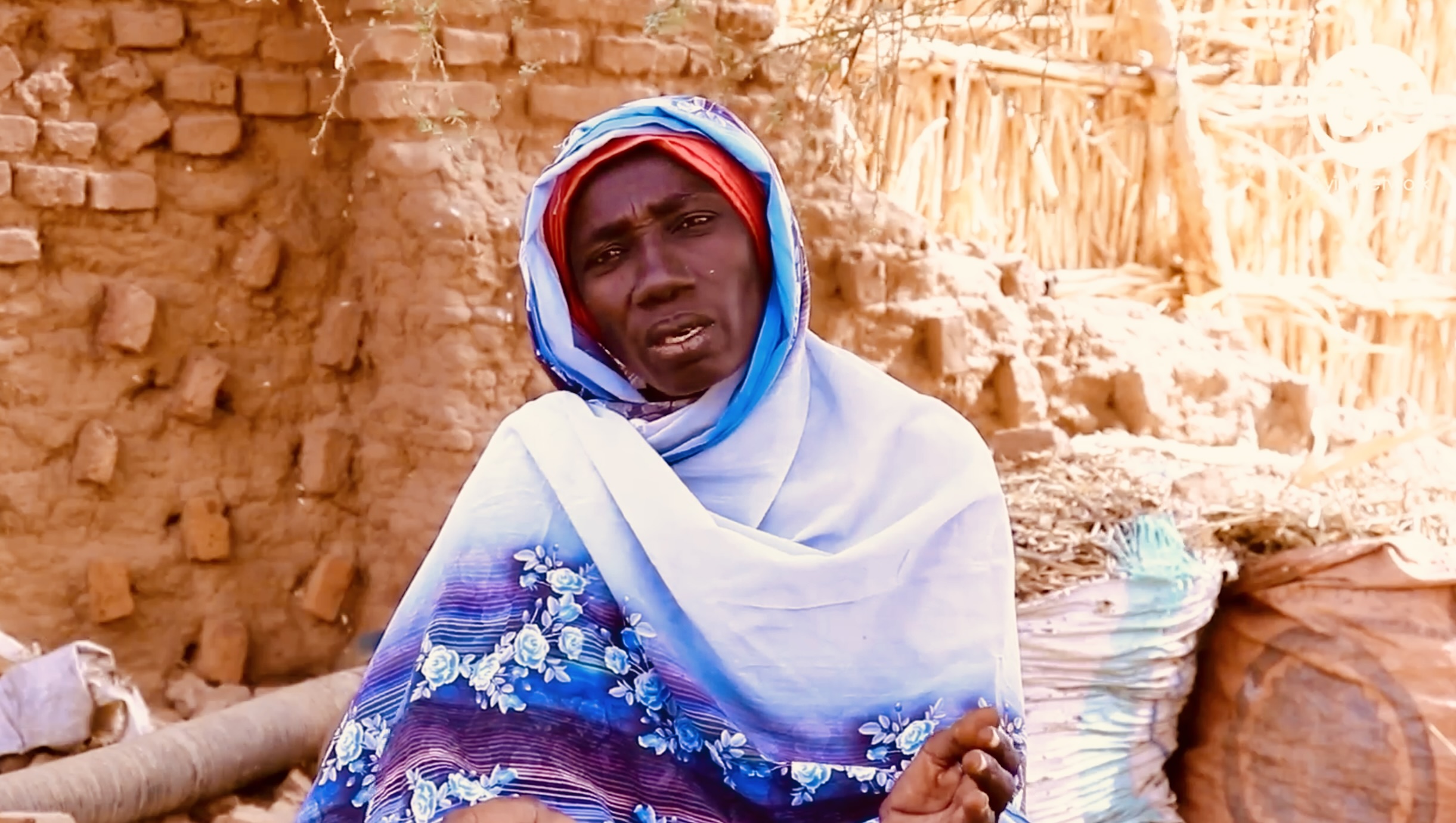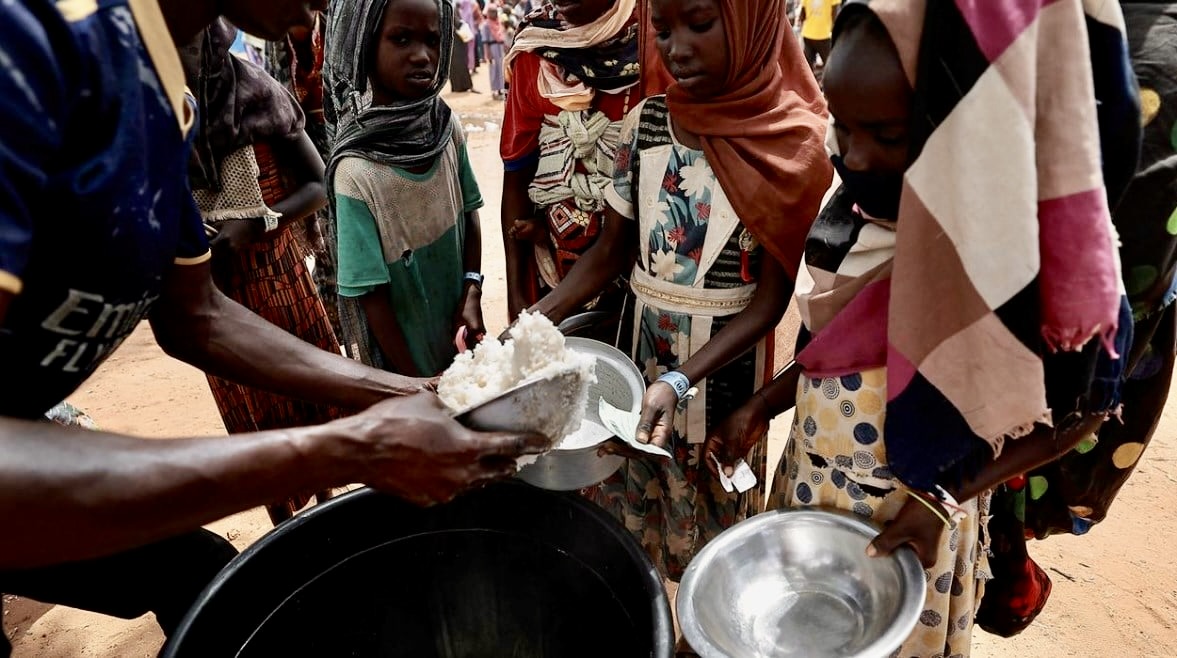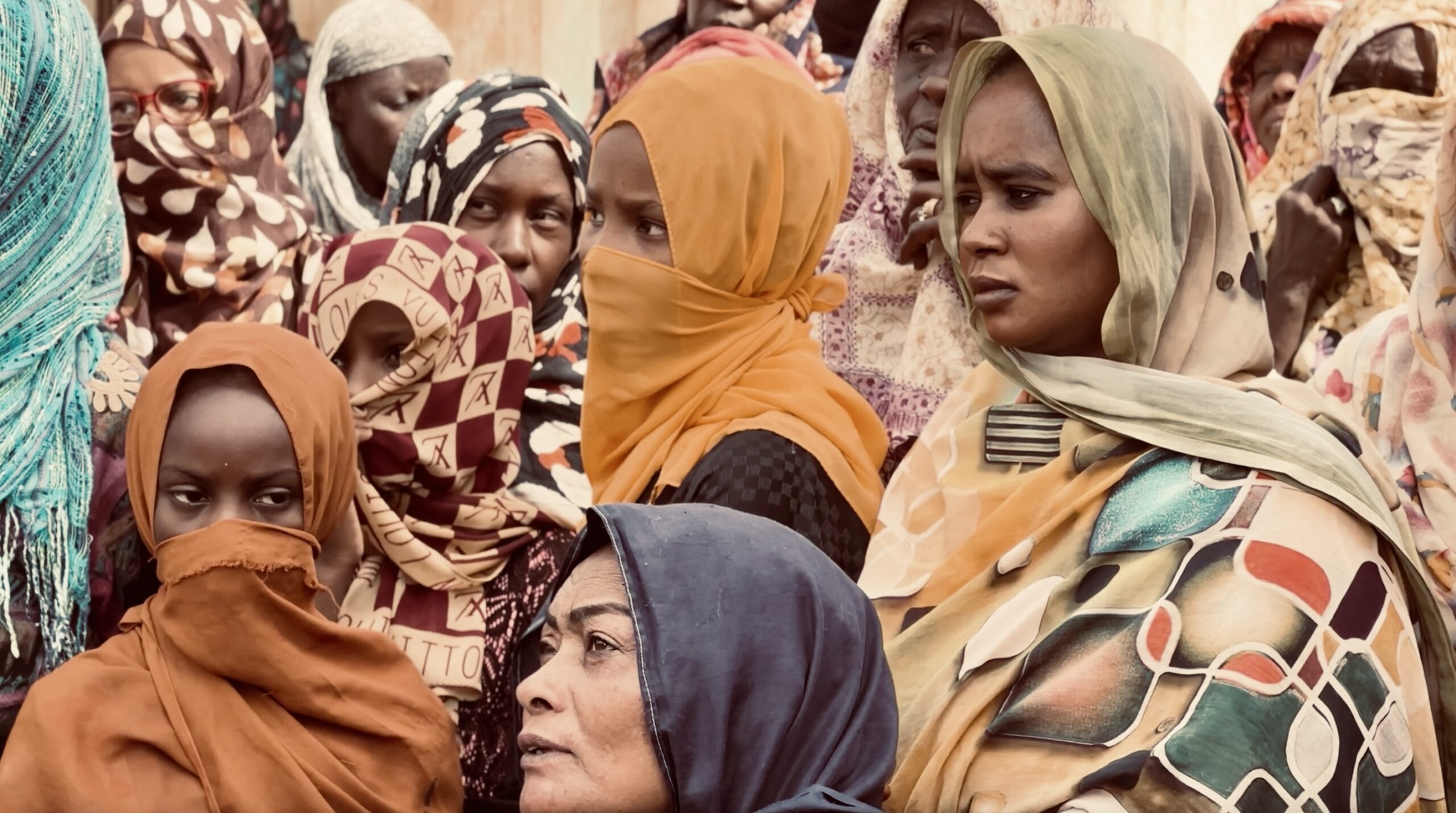Widespread international and local condemnation of RSF attack on West Darfur State, governor’s death
16 June 2023
Local and international actors are condemning the latest violence taking place in West Darfur State’s capital, Geneina, where the paramilitary Rapid Support Forces (RSF) and allied militias continue to target civilians and reportedly killed the state governor on Wednesday.
“The United States condemns reports of widespread sexual violence and killings based on ethnicity in West Darfur by the Rapid Support Forces (RSF) and allied militias,” reads a statement released by the State Department after the governor’s assassination. “We specifically condemn the killing of West Darfur Governor Khamis Abbakar on 14 June after he accused the RSF and other forces of perpetrating genocide.” Local and international civil society actors have also condemned the violence in an open letter to supranational institutions and governments, indicating the violence “shows a pattern of ethnic cleansing that may further increase and qualify as serious international crimes, including possibly genocide.”
Over the past few weeks, intense fighting between militias aligned with the warring parties in West Darfur State has led to a mass exodus of civilians crossing the Chadian border. Since the conflict erupted on 24 April in Geneina, local sources estimate up to 1,100 civilians have been killed with the total absence of any functioning medical facilities. After the former governor of West Darfur State, Khamis Abdullah Abakar, did a TV interview condemning the ongoing violence, RSF arrested the governor. He was found dead two hours later.
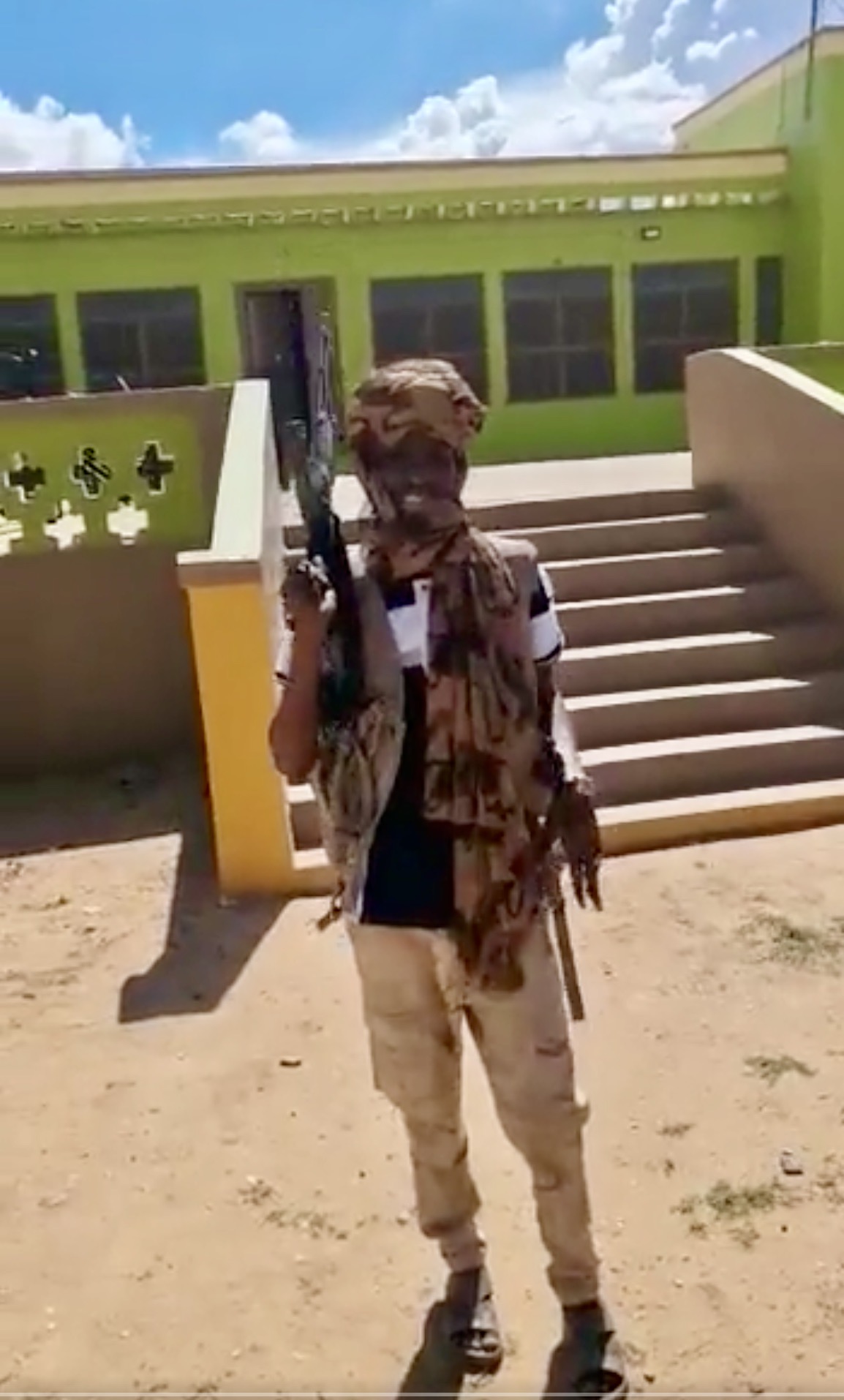
Despite being in RSF custody, the paramilitary group claimed it had no part in Abakar’s death, adding that he was killed by “two outlaws”. In a tweet, the RSF said “We point the finger directly” at intelligence services linked to the military that it claimed was igniting a tribal war in West Darfur. The former rebel group Sudanese Coalition led by the late governor, however, accused “armed militias from the Arab tribes” of storming Abakar’s residence and carrying out the assassination.
The killing of the former West Darfur Governor represents the most senior figure to be killed since the conflict began between the Sudan Armed Forces and RSF in mid-April. Just hours prior to his killing, the governor said in an interview with Al Hadath TV that the RSF and allied militias were “directly targeting civilians” and that the army made no effort to protect them. “The army base of Division 15 Infantry is about seven kilometers from my location,” Abakar said. “Yet the army did not come out of their base, not even to secure the city. This has been going on for 57 days at least, and we have yet to see the armed forces leaving their barracks, not even to protect civilians.”
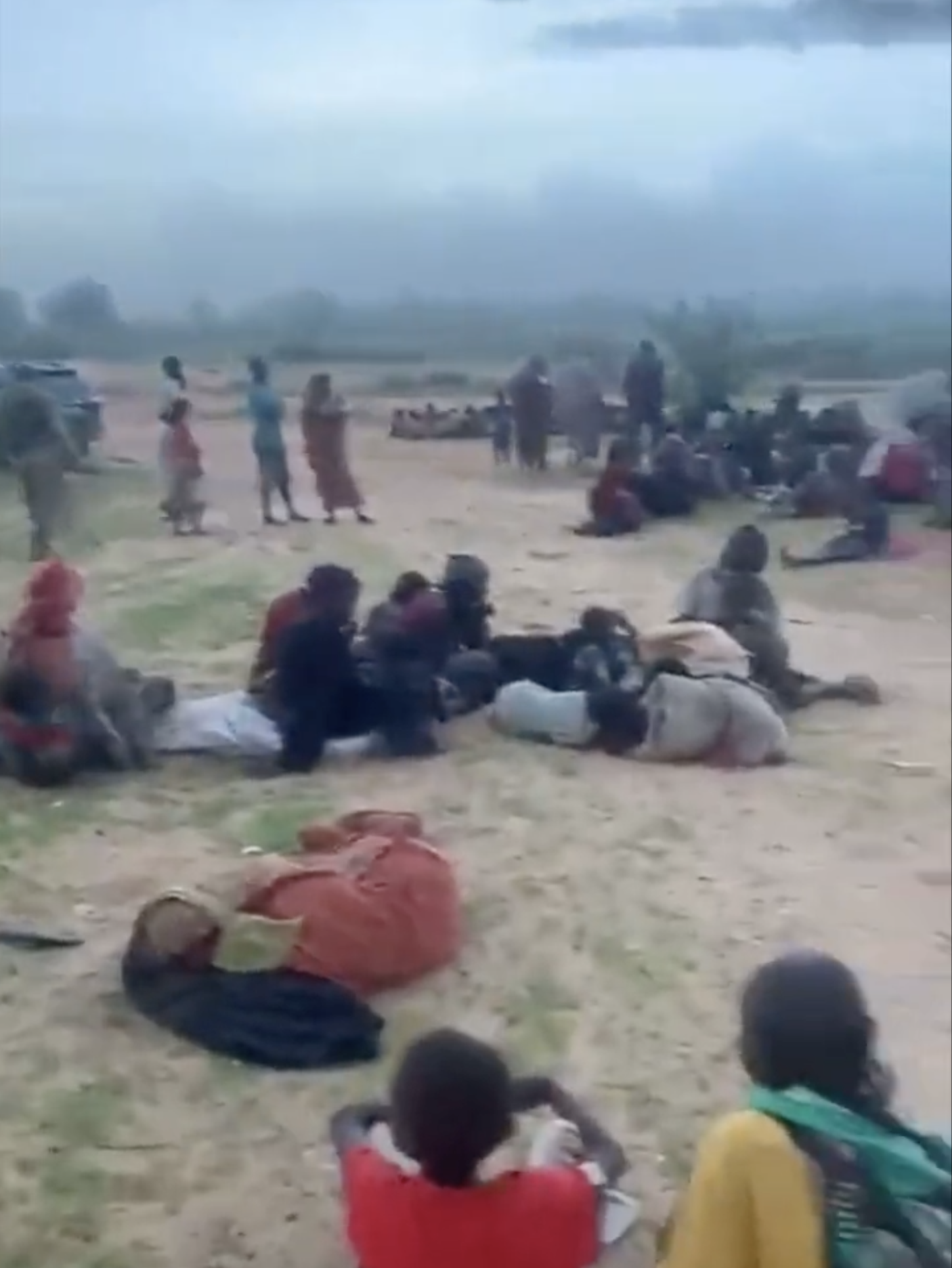
The violence has forced roughly 6,000 civilians to flee the city across the border into Chad. Local sources told Ayin RSF-allied militias have targeted systematically targeted African ethnic groups, especially the Masalit, in a bid to expel them from the region and seize the land in West Darfur State. “This has been the plan since the very beginning -even before the war,” says Suliman Ali*, a former Geneina resident who left during the first clashes in the town. “They [RSF] have been trying to remove all tribes except their own from Geneina and other parts of Darfur – since they enjoy support from the state, they have succeeded.”
On the same day of the killing of the governor, RSF and allied militias killed 16 family members of the Dar Masalit Sultan’s family. Fighting is believed to continue in other parts of West Darfur, with satellite imagery showing multiple villages that have been completely burned down since early May.
According to local journalist Idris Abdullah, a longtime reporter of the Darfur conflict, the assassination of the governor will lead likely trigger more violence between the ethnic groups within Geneina and expand the conflict further –including retaliatory attacks against military and civilian targets by Masalit self-defense groups and the Sudanese Alliance.




